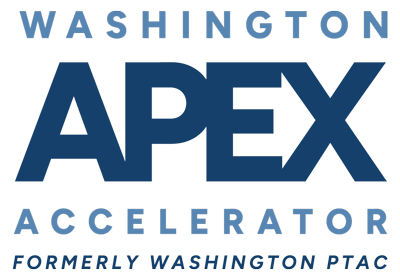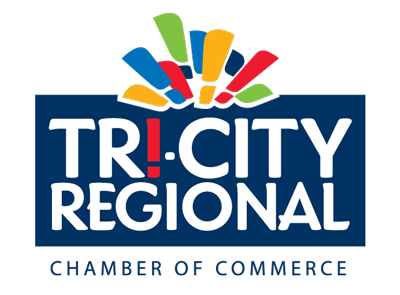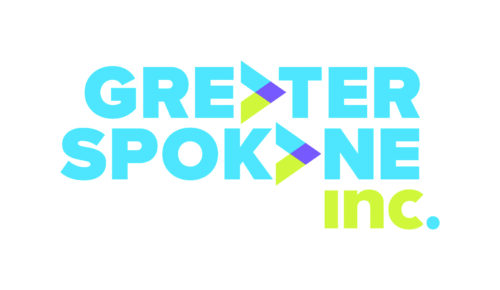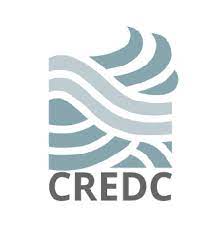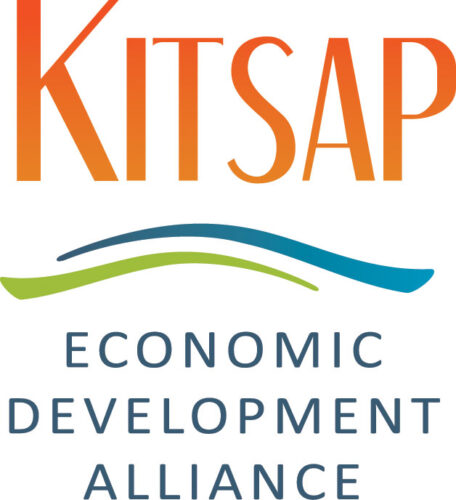A federal court has ruled that the VA violated the SDVOSB Rule of Two, as well as a more recent statute, by moving SDVOSB set-aside requirements to the AbilityOne program.
If you think you heard this before, you’re not going crazy or living your own personal Groundhog Day. The court’s ruling is just the latest in a long-running debate about how the VA should balance the SDVOSB and AbilityOne contracting preferences.
Before we get to the latest ruling, let’s fire up the wayback machine and travel back to June 16, 2016. My Chicago Cubs were in first place, and heading toward their first World Series title in over 100 years. And the Supreme Court handed down a unanimous decision in a little case known as Kingdomware Technologies, Inc. v. United States.
In Kingdomware, the Supreme Court interpreted the Veterans Benefits, Health Care, and Information Technology Act of 2006, which is codified in relevant part at 38 U.S.C. 8127. The Court held that the statute’s Rule of Two applies broadly, and generally requires the VA to set aside contracts for SDVOSBs when the VA has a reasonable expectation of receiving two or more SDVOSB offers.
Despite the Kingdomware decision, the VA continued buying certain goods from AbilityOne nonprofits under the provisions of another statute, the Javits-Wagner-O’Day Act, or JWOD. The JWOD predates the VA Rule of Two law. It provides that government agencies, including the VA, must purchase certain products and services from designated nonprofits that employ blind and otherwise severely disabled people. The products and services subject to the JWOD’s requirements appear on a list known as the “AbilityOne List.”
In 2017, the Court of Federal Claims addressed the tension between the JWOD and the VA’s Rule of Two. In a case called PDS Consultants, Inc. v. United States, the court held that the Rule of Two trumps the JWOD for VA procurements. The next year, the U.S. Court of Appeals for the Federal Circuit upheld the lower court’s ruling. The Supreme Court declined to hear a challenge to the Federal Circuit’s decision. And in 2019, the VA issued a class deviation directing Contracting Officers to apply the Rule of Two before awarding contracts to AbilityOne nonprofits.
But that isn’t the end of the story. In August 2020, the President signed into law the Department of Veterans Affairs Consistency Act of 2020. The so-called Consistency Act seeks to strike a balance between the Rule of Two and the JWOD by providing that a Rule of Two analysis generally is not required for requirements added to the AbilityOne List before the enactment of the Rule of Two in 2006. In other words, the Consistency Act essentially “grandfathers in” AbilityOne priority for certain requirements. Less than a week after the Consistency Act was signed, the VA issued a new class deviation implementing it.
But what about pre-2006 requirements that had already been moved from AbilityOne nonprofits to SDVOSBs following the Federal Circuit decision? Would those contracts now be returned to the AbilityOne Program? No. The Consistency Act says that former AbilityOne requirements awarded to SDVOSBs before August 8, 2020 are not subject to the “grandfathering in,” and the Rule of Two does apply to those requirements.
And that finally brings us to the current Court of Federal Claims decision, Superior Optical Labs, Inc., v. United States, No. 20-1211C (2020).
The case concerned how the VA should procure its prescription eyeglass requirements in Veterans Integrated Service Networks 2 and 7. Prescription eyeglasses had been added to the AbilityOne List before the 2006 VA statute was enacted. The VA continued to procure eyeglasses in these VISNs through AbilityOne nonprofits following the Kingdomware ruling.
After the Federal Circuit’s decision in PDS Consultants, the VA conducted a Rule of Two analysis and determined that it was likely to receive two or more competitive offers from SDVOSBs. To “immediately comply” with the Federal Circuit’s ruling, the VA awarded Superior Optical, Inc. (an SDVOSB) short-term sole source contracts to supply eyeglasses in each VISN.
The VA intended to solicit a long-term contract using an SDVOSB set-aside. However, the VA experienced considerably difficulties with its competitive acquisitions, causing it to award numerous short-term options and sole source bridge contracts to Superior Optical. On August 8, 2020, when the Consistency Act took effect, Superior Optical was still operating under those sole source contracts.
The VA decided that because Superior Optical had been performing under sole source contracts, the exception to the Consistency Act didn’t apply. The VA informed Superior Optical that it intended to resume procuring eyeglasses in both VISNs from an AbilityOne vendor.
Superior Optical filed suit in the Court of Federal Claims, arguing that the VA’s plan violated the Rule of Two and the Consistency Act. The court agreed with Superior Optical.
The court wrote:
The Consistency Act’s main goal was to ensure that in some instances the blind and severely disabled had preference over veteran-owned small businesses and to limit further transition of work away from the AbilityOne program as a result of the broad application of the Rule of Two in PDS Consultants. However, the Consistency Act’s language in its final form is a compromise and included an exception to protect certain contracts that had already been transitioned to veteran-owned small businesses.
“Nowhere,” the Court wrote, is the Consistency Act’s exception limited only to awards “using competitive procedures.” Rather, the Consistency Act provides that “once any award is issued to a veteran-owned small business pursuant to a Rule of Two determination it necessarily falls under” the Rule of Two moving forward.
The court noted that “[t]he only reason the Government can even make the argument that VISNs 2 and 7” should be returned to the AbilityOne Program is “because the VA’s actions led to extensive delays and ultimately a failed competitive solicitation for veteran-owned small businesses.” The VA, the court said, “continued to make empty promises to Superior Optical, assuring it that a competitive award was forthcoming while extending what were promised to be temporary bridge contracts just to pull the rug out from under Superior Optical.”
The court granted judgment in favor of Superior Optical. It issued an permanent injunction prohibiting the VA from awarding the VISN 2 and 7 eyeglasses requirements without first following the Rule of Two.
Hopefully, this latest decision will finally end the longstanding AbilityOne vs. Rule of Two saga. We’ll keep you posted.
Questions about this post? Or need help with a government contracting legal issue? Email us or give us a call at 785-200-8919.
Looking for the latest government contracting legal news? Sign up here for our free monthly newsletter, and follow us on LinkedIn, Twitter and Facebook.
The post SDVOSB vs. AbilityOne: VA Violated Rule of Two Again, Court Says first appeared on SmallGovCon – Government Contracts Law Blog.
Syndicated from SmallGovCon

